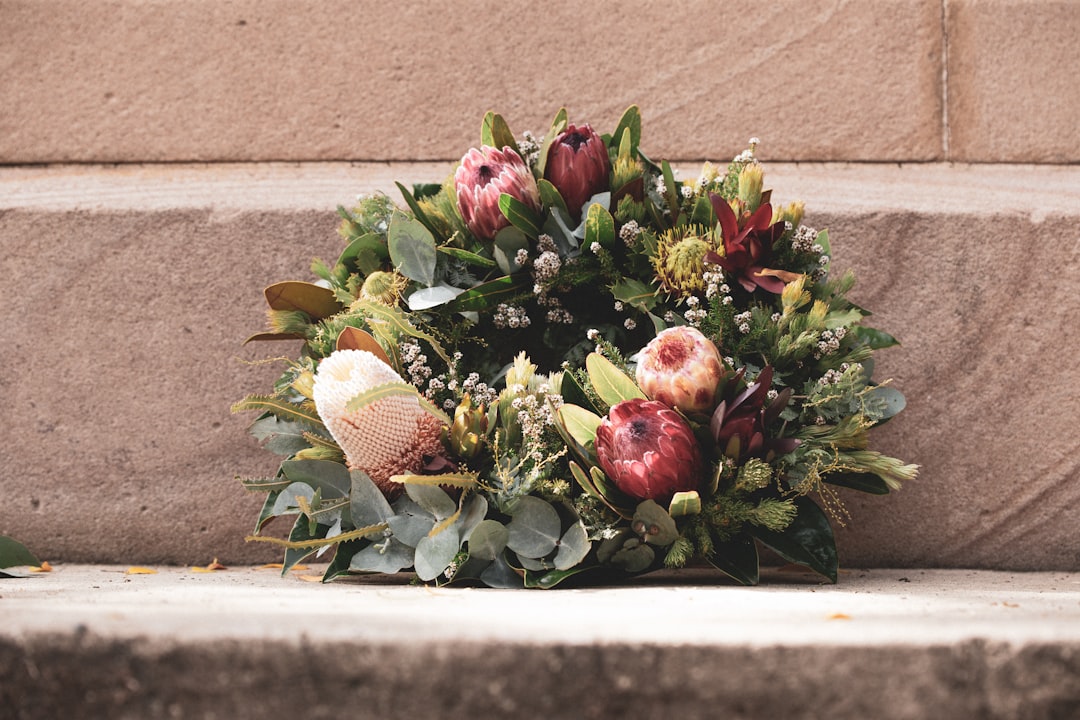Losing someone we love is incredibly hard. Different cultures and religions have their own special ways of remembering and honoring those who have passed away. One such tradition is the 12th day ceremony, observed by many Hindus and other communities. This ceremony is a significant part of the grieving process and serves several important purposes. Let’s explore what this ceremony involves and why it’s so meaningful.
What is the 12th Day Ceremony?
The 12th day ceremony, also known as Dwadashi Shraddha in some traditions, is a ritual performed twelve days after a person’s death. It’s a time for family and close friends to come together to offer prayers and perform specific rites. Think of it as a farewell and a way to help the departed soul on its journey.
Why is the 12th Day Ceremony Important?
This ceremony holds deep spiritual and emotional significance. Here are some key reasons why it’s observed:
- Spiritual Significance: Many believe that the soul needs time to detach from its earthly ties. The 12th day ceremony is thought to aid this process, helping the soul move forward on its spiritual journey.
- Paying Respect: It’s a way to honor the deceased and express gratitude for their life and contributions. Family members offer prayers and perform rituals to show their love and respect.
- Closure and Healing: The ceremony provides a sense of closure for the grieving family. It allows them to come together, share memories, and support each other during a difficult time.
- Community Support: The 12th day ceremony brings the community together. Friends, relatives, and neighbors offer condolences and support to the bereaved family.
What Happens During the Ceremony?
The specific rituals performed during the 12th day ceremony can vary depending on family traditions, regional customs, and religious beliefs. However, some common elements include:
- Prayers and Mantras: Priests or family members recite prayers and mantras dedicated to the deceased and to deities who can guide the soul.
- Offerings: Food, flowers, and other symbolic items are offered to the deities and to the departed soul. These offerings are believed to nourish the soul on its onward journey.
- Shraddha Rituals: Shraddha rituals, which involve offering food and water to ancestors, are often performed. This is done to honor the family’s lineage and seek blessings from the ancestors.
- Charity and Donations: Giving to charity or making donations in the name of the deceased is a common practice. This act of generosity is believed to bring merit to the departed soul.
- Feast: A meal is typically prepared and shared with family, friends, and sometimes members of the community. This symbolizes unity and remembrance.
Who Usually Conducts the Ceremony?
Typically, a priest (Pandit or Brahmin) who is knowledgeable in the relevant religious texts and rituals conducts the 12th day ceremony. However, depending on the family’s traditions, senior family members may also play a significant role in leading the prayers and performing certain rites.
The Role of Family and Friends
The support of family and friends is crucial during the 12th day ceremony. Their presence offers comfort and strength to the grieving family. Guests often bring food, offer condolences, and share cherished memories of the deceased. It’s a time for collective mourning and mutual support.
What to Wear and How to Behave
When attending a 12th day ceremony, it’s important to dress respectfully. Traditionally, simple and modest clothing is preferred. Avoid bright colors or flashy attire. It’s also important to maintain a somber and respectful demeanor. Speak softly, offer your condolences to the family, and participate in the prayers and rituals as appropriate.
Modern Adaptations
While the core elements of the 12th day ceremony remain important, some families are adapting the rituals to fit their modern lifestyles. For example, they might incorporate elements from different traditions or focus on celebrating the life of the deceased rather than solely on mourning. The key is to maintain the spirit of the ceremony, which is to honor the departed and provide support to the grieving family.
Frequently Asked Questions
Is the 12th day ceremony mandatory?
While not legally mandatory, the 12th day ceremony is considered very important in many cultures and religious traditions. It’s a significant part of the grieving process and is believed to benefit both the departed soul and the family left behind. The decision to perform the ceremony rests with the family.
What if the family cannot afford a grand ceremony?
The intent and sincerity behind the ceremony are more important than the scale. Even a simple ceremony with heartfelt prayers and offerings can be meaningful. Focus on what you can afford and what feels right for your family.
Can the ceremony be performed on a different day if the 12th day falls on an inauspicious day?
In some cases, the ceremony might be adjusted to a different day due to astrological considerations or other religious factors. It’s best to consult with a priest or knowledgeable family member to determine the appropriate course of action.
What if I can’t attend the ceremony in person?
If you are unable to attend the ceremony in person, you can still offer your condolences and support to the family remotely. Send a thoughtful message, make a donation in the name of the deceased, or offer to help with practical tasks. Your support, even from a distance, can be very meaningful.
The 12th day ceremony is a deeply meaningful tradition that offers comfort, closure, and spiritual guidance during a time of profound loss. It provides a framework for remembering and honoring those who have passed away, while also strengthening the bonds of family and community. By understanding the significance of this ceremony, we can better support those who are grieving and participate in this important ritual with respect and compassion.

